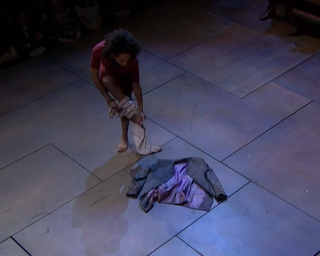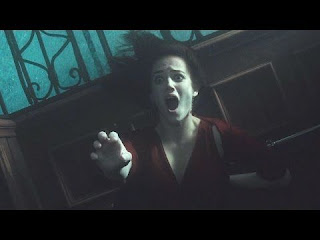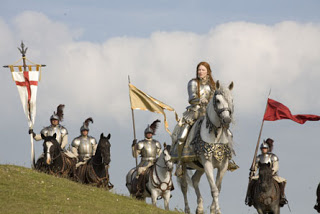Trust Is A Rare Commodity: Thoughts on the Entrance Examination
The second section of this year's 'entrance' exam question on Hamlet was a traditional essay question and asked: (b) ‘In the world of Hamlet trust is a rare commodity.’ Using your knowledge of the play’s opening scenes, show how far you agree with this view. Remember to support your answer with reference to different interpretations. The first thing you need to do is form a hypothesis which engages with the statement that ‘In the world of Hamlet trust is a rare commodity.’ Is trust rare? Who trusts whom? Who doesn't? What happens at the start of the play to set this up? What kind of overarching idea do you have? But it is also worth thinking about 'trust' in more hopeful terms. Where are the moments and relationships of trust? Could this actually form the thrust of your argument? Or at least some kind of 'counter' to a bland acceptance of the statement. Horatio's presentation as a trustworthy character, reinforced by the ending? The strong all...



